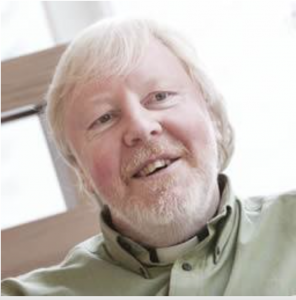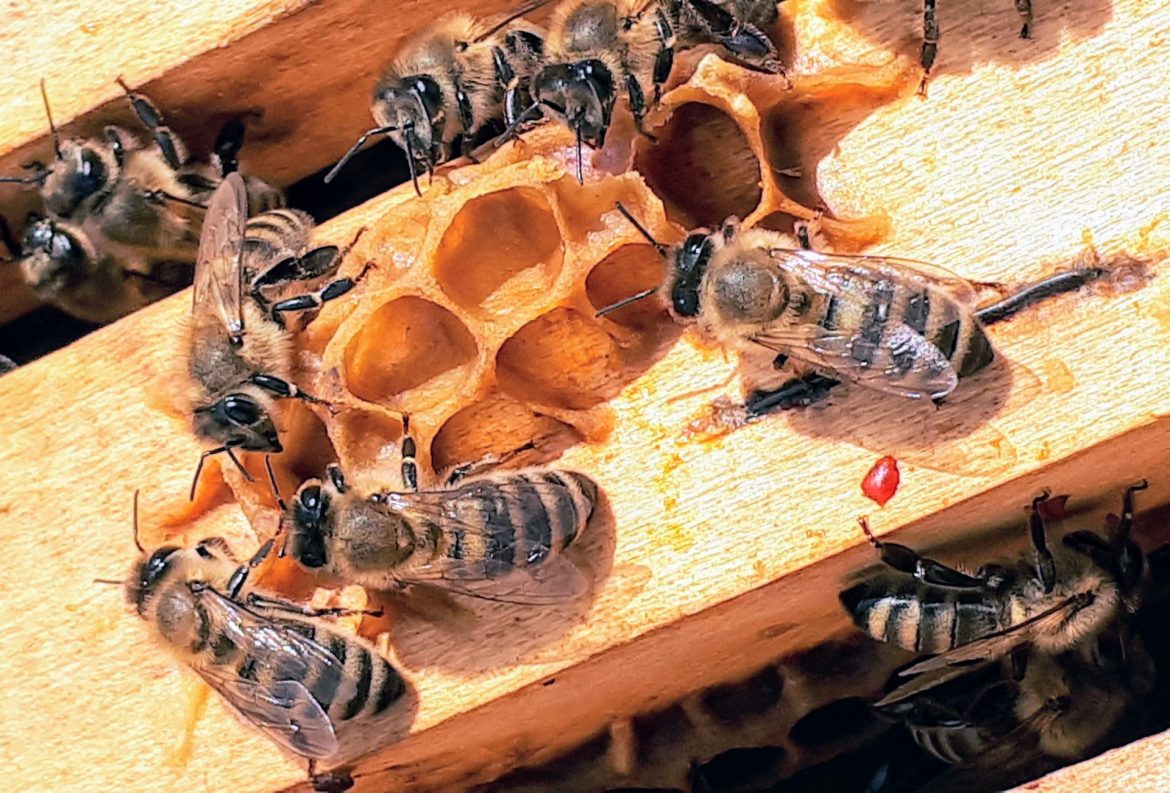by guest writer Andii Bowsher,
When I was at school, we had an assistante come to help us to learn French. When it came time for her to leave, I recall having a brief conversation in a corridor in which she said, “Maybe I will come back to visit you.” Immediately, I said unreflectively, “Me?”. If my French at that time had been up to it, it would be less embarrassing to recall because I would have heard her say ‘vous’ rather ‘te’ and understood that she had the whole school in mind.
Many of us English-speakers tend to make a similar mistake in reading Scripture, reinforced by our culture which trains us in a relentless focus on the personal and individual; distracting us from the social and ecological dimensions of our existence.
This bias in our reception of scripture shows up reading the letters to the churches in Revelation 2-3. They each start with a singular you (‘thou/thee’, Greek su/soi) but end with the plural (Greek humeis/humas) and somewhere in the middle they transition from one to the other. The singular is the Angel addressed, the plural comes about because, for the Angel to respond and repent, the people who constitute that angel have to act in their own persons. This is one of the clearest places in scripture to illustrate the ancient way of thinking about social and political entities as having their own spiritual identity even while physically being constituted by people and artefacts. (Perhaps you’ll be familiar with this from Walter Wink’s Naming the Powers).
I keep coming back to a scene in Cronin’s The Citadel where two medics blow up a sewer to counteract typhus which the local authorities are reluctant to address adequately. I’m reminded also of the town of Flint, its water and its political entanglements. Sometimes to heal is to confront the Powers that be.
Now I find myself thinking about the pandemical situation we’re in. Amidst all the arguing about masks or social restrictions, we learn that dealing with a potentially dangerous virus cannot be just an individual thing. Here is a tiny entity that relies on our sociability, our un-aloneness, for its continuing existence. The words ‘public health’ really take on meaning: health or illness is not just ‘me and my physical condition’ but is also about how we organise things in society; how we support those who are vulnerable or who have to do things for the common good; how we each play -or refuse- our part.
So, in our culture, we Christ-followers must redouble our efforts to recall that we are dust (Gn.2:7), that we are “not alone” (Gn.2:18): we are dynamically interwoven materially, psychologically and indeed spiritually with matter, life, and other minds. Healing implicates all of these. Much of the corporate, psycho-social dimensionality concretises as “powers and principalities” -corporate beings made up of us (and other stuff) held in shape by the various forces of power running through emotions of love, fear, pleasure, pain, joy, despair, loyalty… Our healing as individuals is so often tied up with the health of environment, relationships and the bodies politic we belong to.
Responding to the issues rightly foregrounded after the murder of George Floyd, I convened a group for recovering from white privilege. We meet together to understand and unpick the ways that privilege and racist assumptions have become part of us. As we notice how our culture has formed our assumption and unconscious -unwanted- biases, as we re-learn the Christian virtues of humility, truthfulness, courage and neighbour-love, we disentangle ourselves from the baleful grip of the Powers.
To heal and be healed in a world of powers, we can start by asking ourselves questions. Perhaps these are for journalling?
What bodies am I part of? -That is, what bodies do I help to constitute through my presence (irl or virtual), my effort, my money?
How have I been influenced and formed by them and how have they co-opted me?
How far has my incorporation been willing and how far unconscious?
Where they bring ill, how does my involvement work and how can I best lean away and influence them for good? Do I need to ‘unincorporate’ myself?
Who are allies to change them or myself?
Bio for Andii Bowsher

I like to play: with my grandchildren, with language(s), with ideas, arts, liturgy and spirituality. Having bikes means that my spouse and I get to enjoy the great outdoors and exercise. When I’m not co-ordinating chaplaincy work at a university in the north-east of England, I help ministers-in-training to learn about mission and ministry. Involvement in spiritual accompaniment is increasingly turning towards questions of how to support people working through climate activism and environmental grief and spills over into liturgy and ritual. My own spirituality has the Lord’s prayer as its main touch-point and is suffused with greenery. Visit ourcommonprayer.org for examples of how some of these things come together.



1 comment
Many thanks Andii, good work my brother!